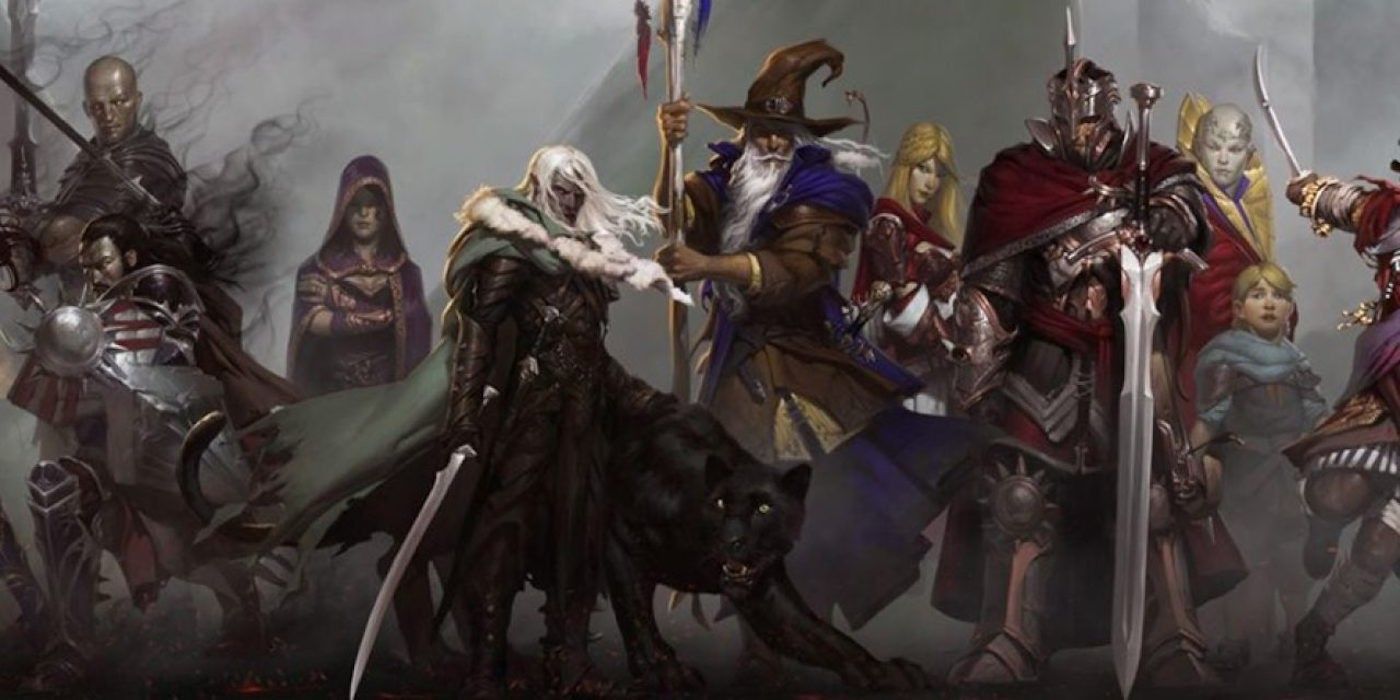Jeremy Crawford, the principal rule designer of Dungeons and Dragons, joined a conversation on Twitter about the racial variations in the role-playing game. During the conversation, the Wizards of the Coast designer said that the team is working on making changes to the way that race is portrayed in the game, and fans think that this may signal that huge changes are on the way.
When creating a character for a Dungeons and Dragons campaign, the race a person chooses to play can have a big impact on their character. Depending on a character's race, they can have increased ability scores in certain categories, meaning that certain races are considered to have a predisposition to excel specific classes, like how half-elves' bonus to charisma leads many people to play them as bards, sorcerers, or warlocks. One thing that race also carries with it in the Dungeons and Dragons' universe is culture, both good and bad.
After session zero and the characters have been transferred from paper or screen to an interact-able character, race is still very much a factor in the way the characters can connect to the setting. Races bring different cultures and perspectives to the table, but some of them are characterized in unfortunate ways.
Orcs and goblins are typically considered evil creatures, while elves — save for the dark-skinned drow — are generally accepted as good-aligned beings, which are sentiments that most D&D handbooks have supported up to this point. However, Jeremy Crawford is letting fans know that Wizards of the Coast is working to change this.
The D&D designer stated that they are going to be moving away from aligning any entire race as good or evil, citing its portrayal of playable orcs in the recently released Explorer's Guide to Wildemount. Instead, future Dungeons and Dragons handbooks will only categorize races on whether they may be more lawful or chaotic in terms of alignments.
Many fans welcome these changes, and fans are taking to social media to theorize how far these changes may go. Some players believe that the direction Wizards of the Coast is taking may have racial ability score increases done away with and instead added as background and class features. However, Wizards of the Coast has said nothing to confirm these theories.
In light of the current political climate, Wizards of the Coast is taking positive steps to right this issue. Dungeons and Dragons was inspired by The Lord of the Rings, and while it is a cherished fantasy series, that franchise has also been called out in the past for its racist undertones. In taking this initiative, fifth and future editions will be more accommodating to player's creativity instead of laying out preconceived notions that players may feel they need to abide by.

